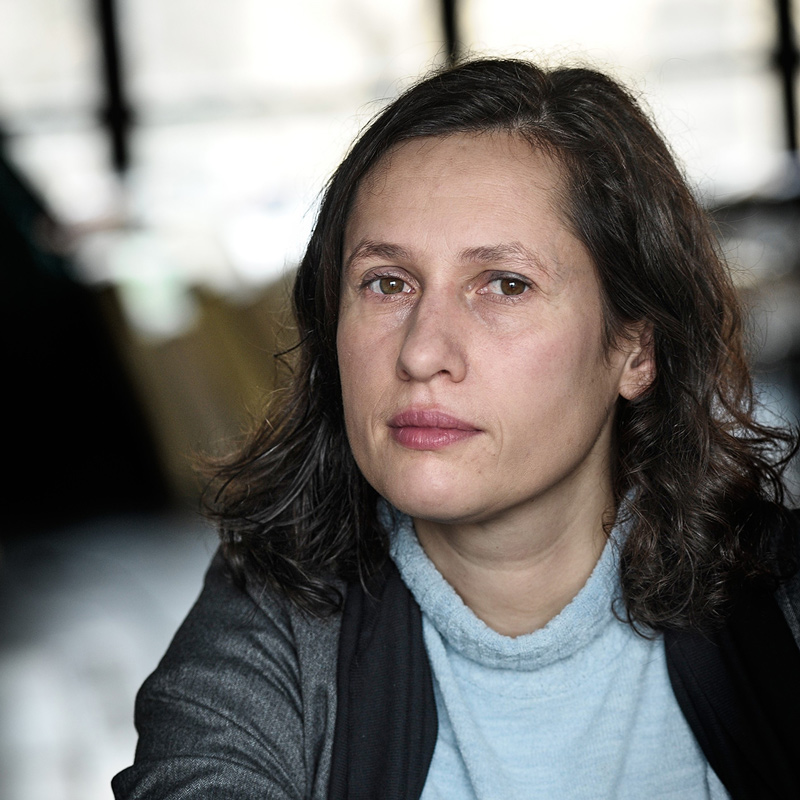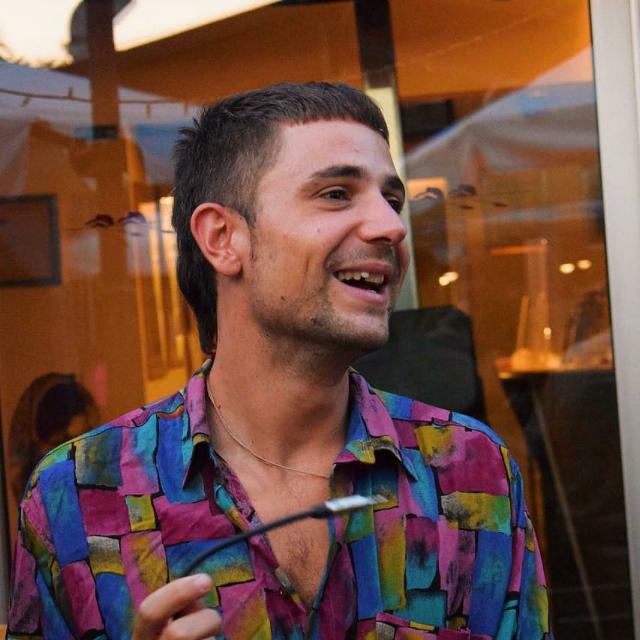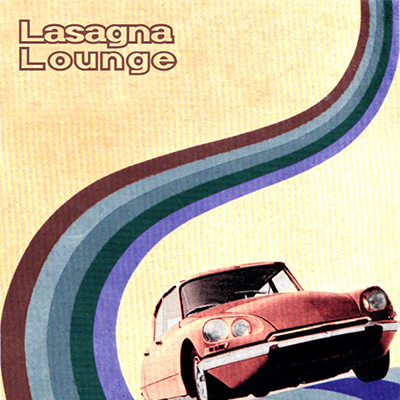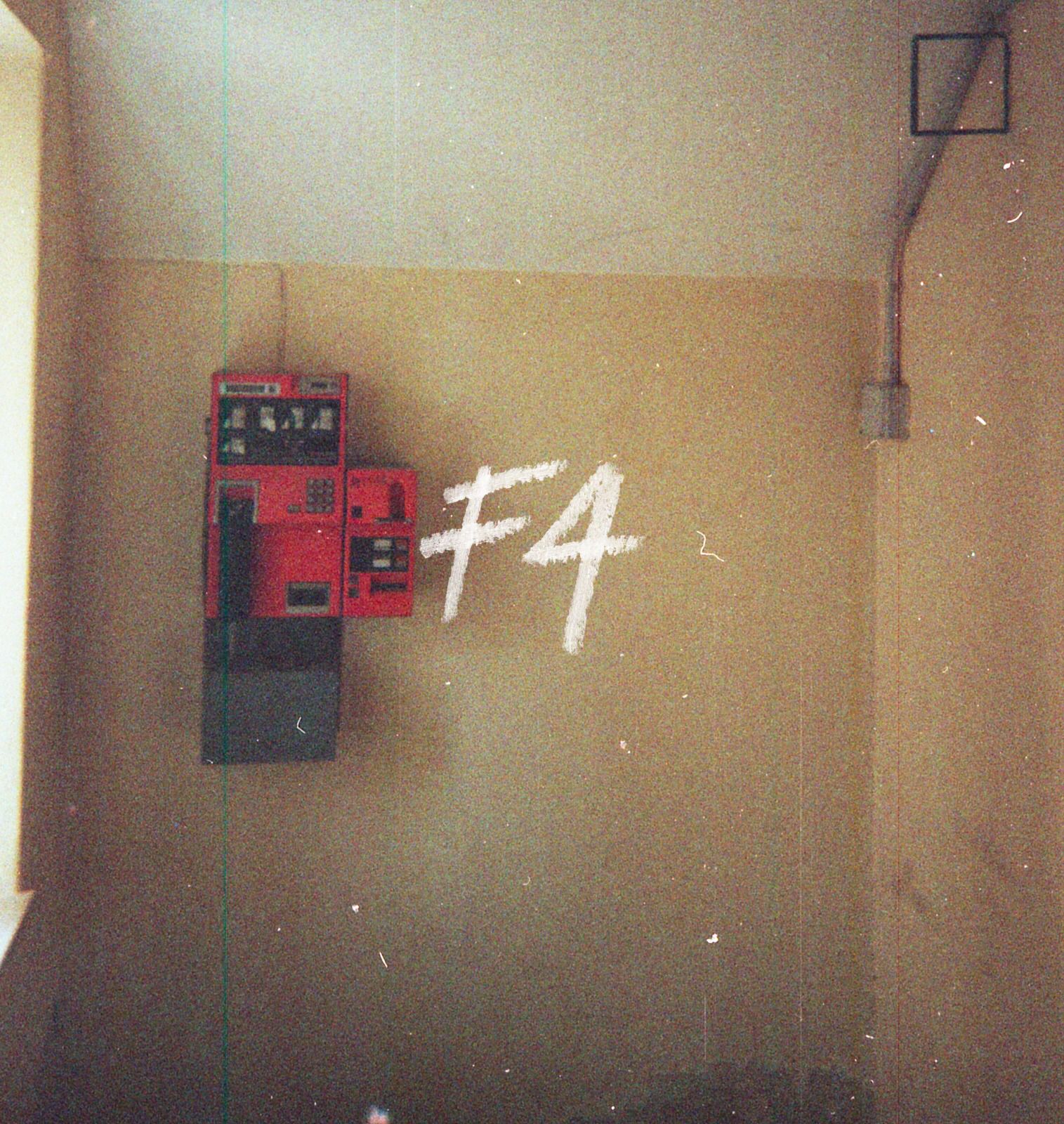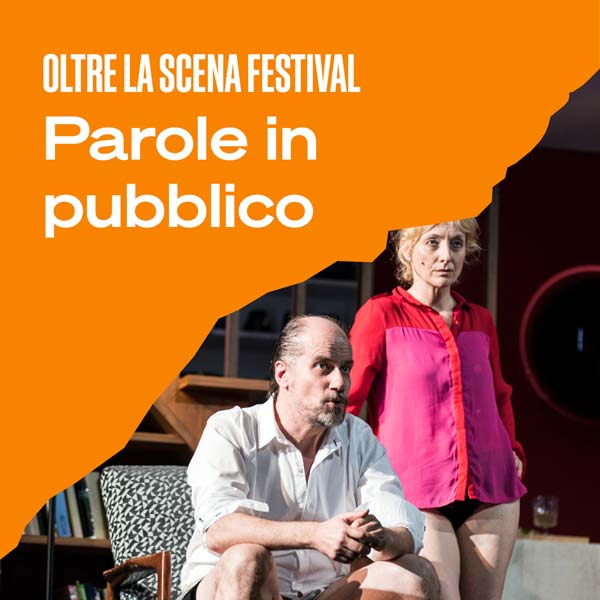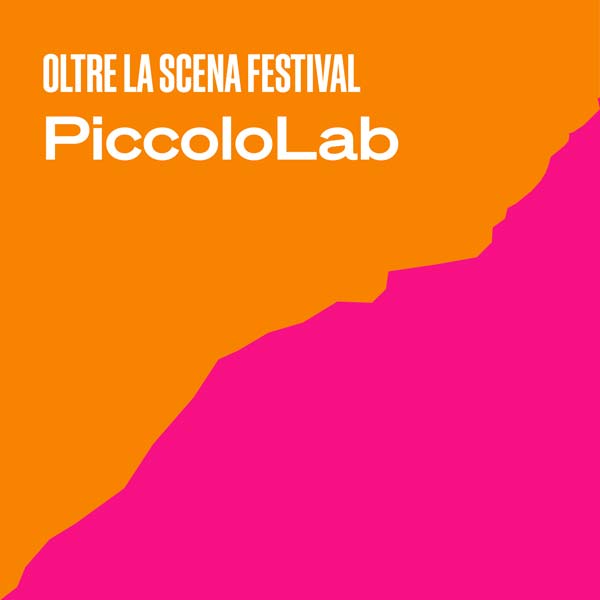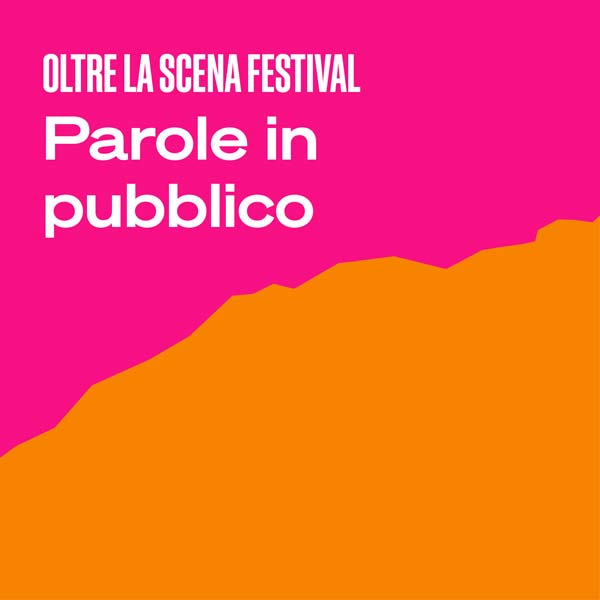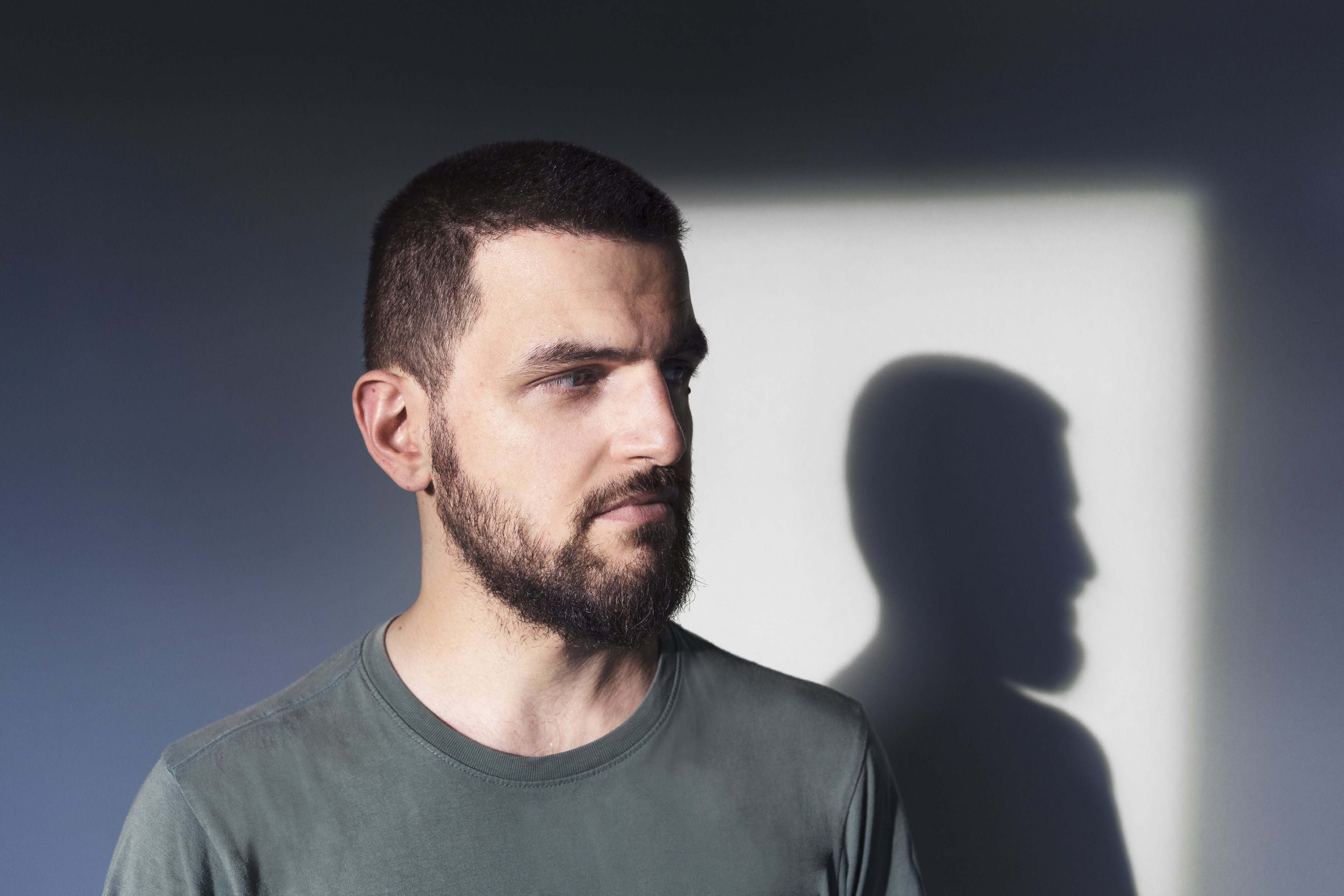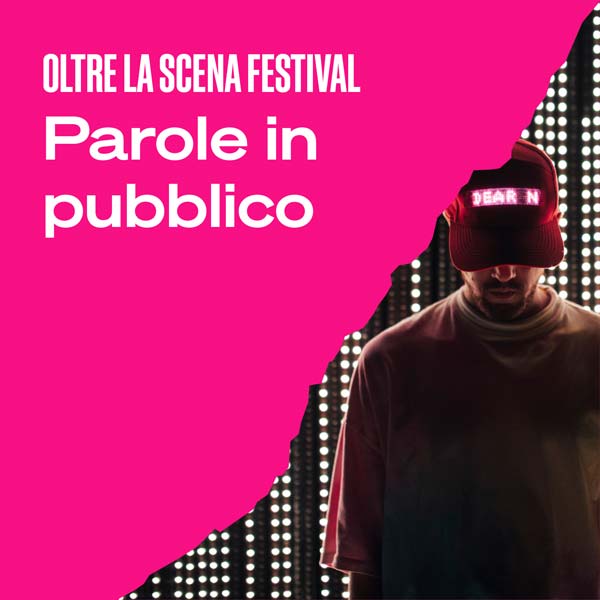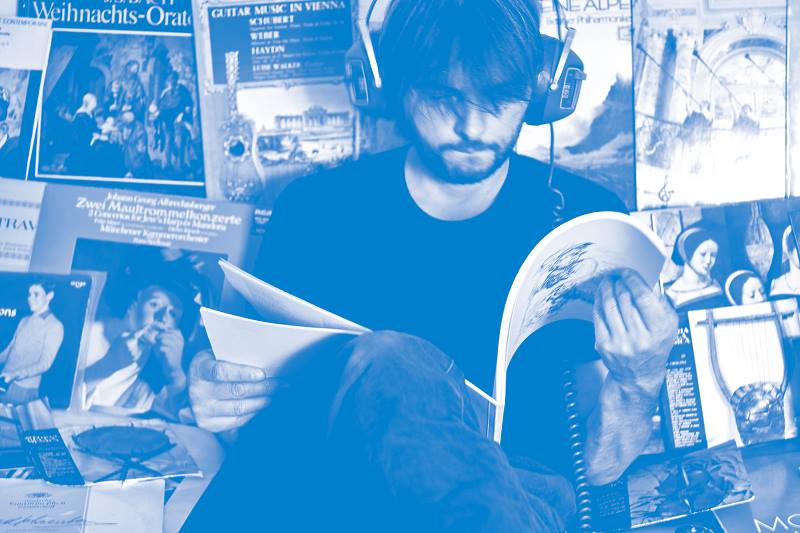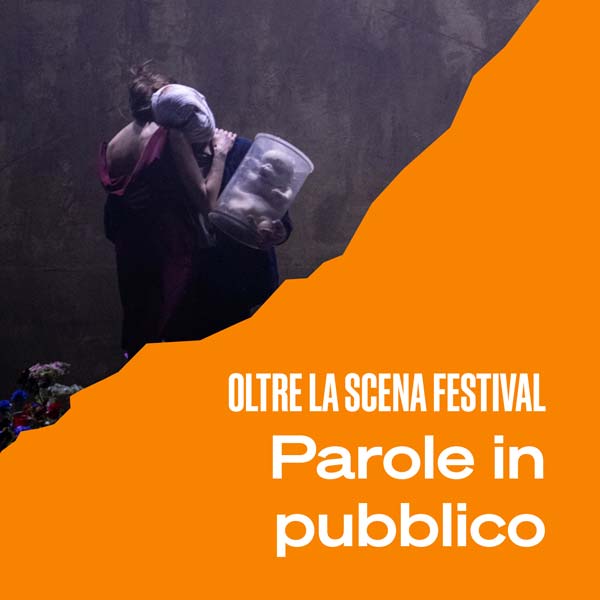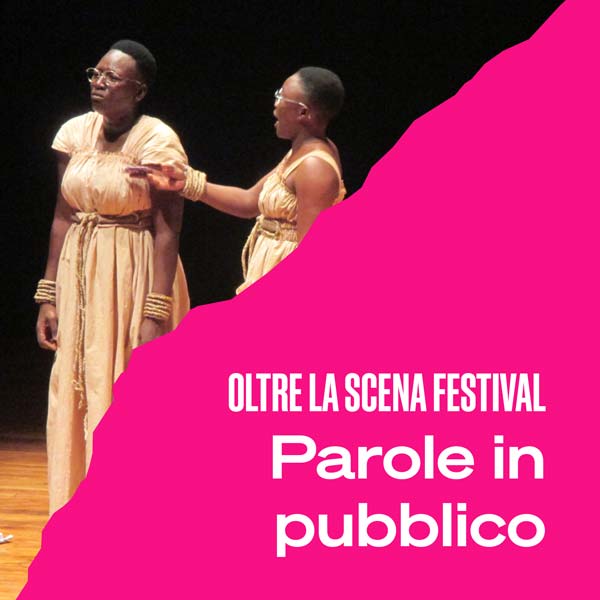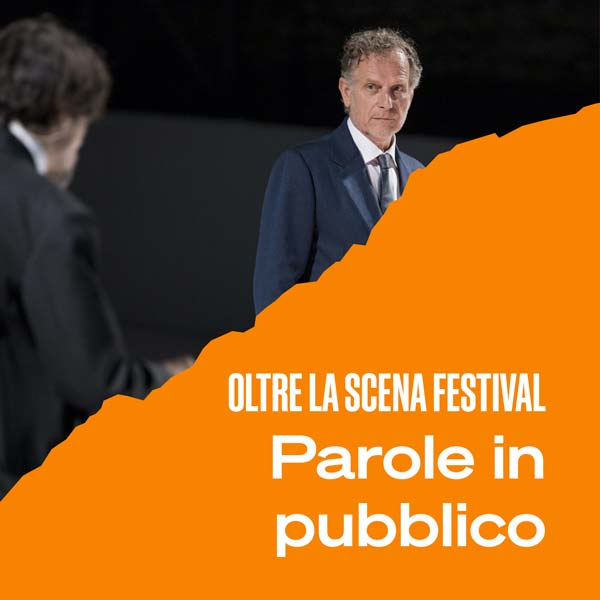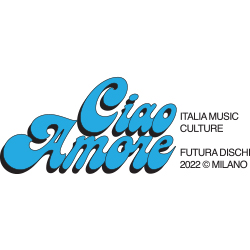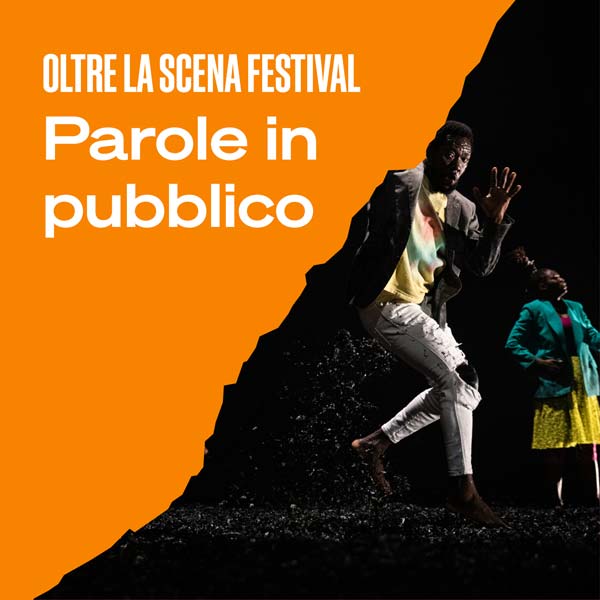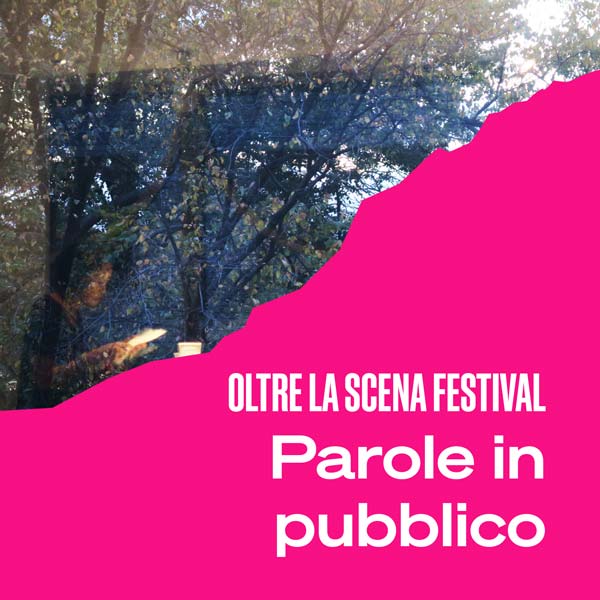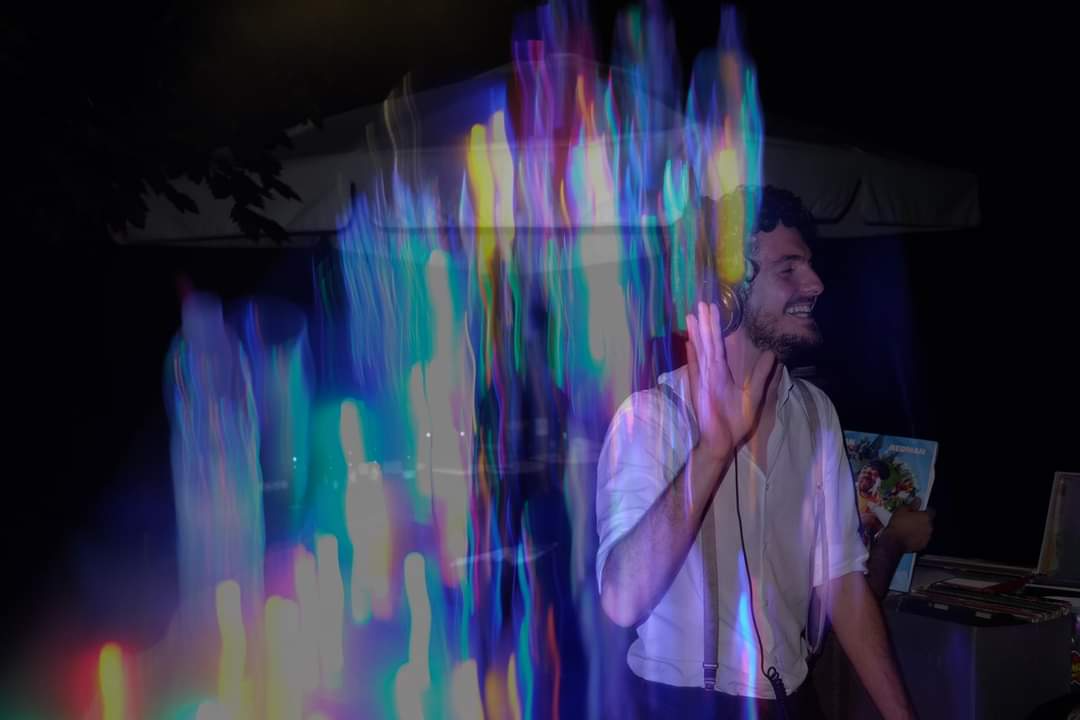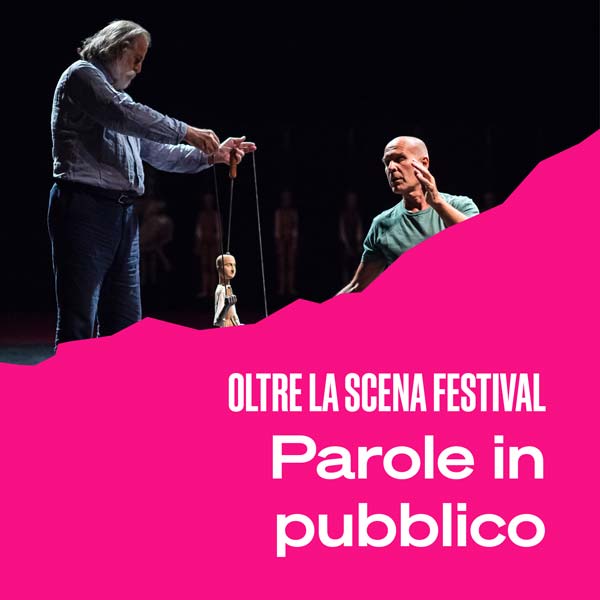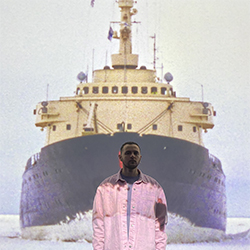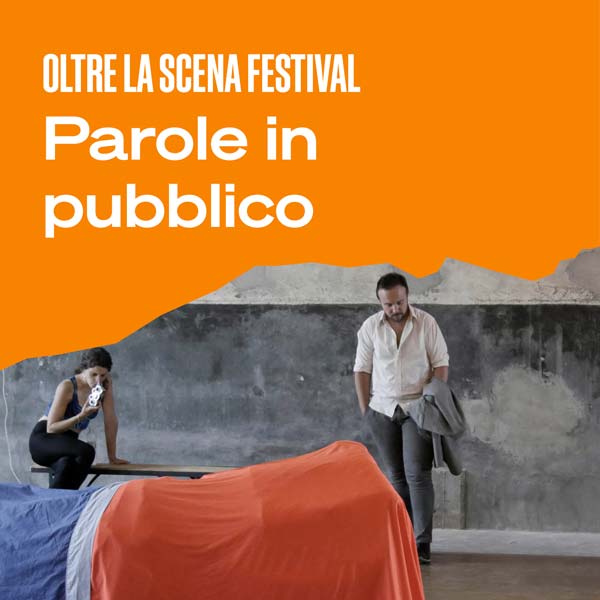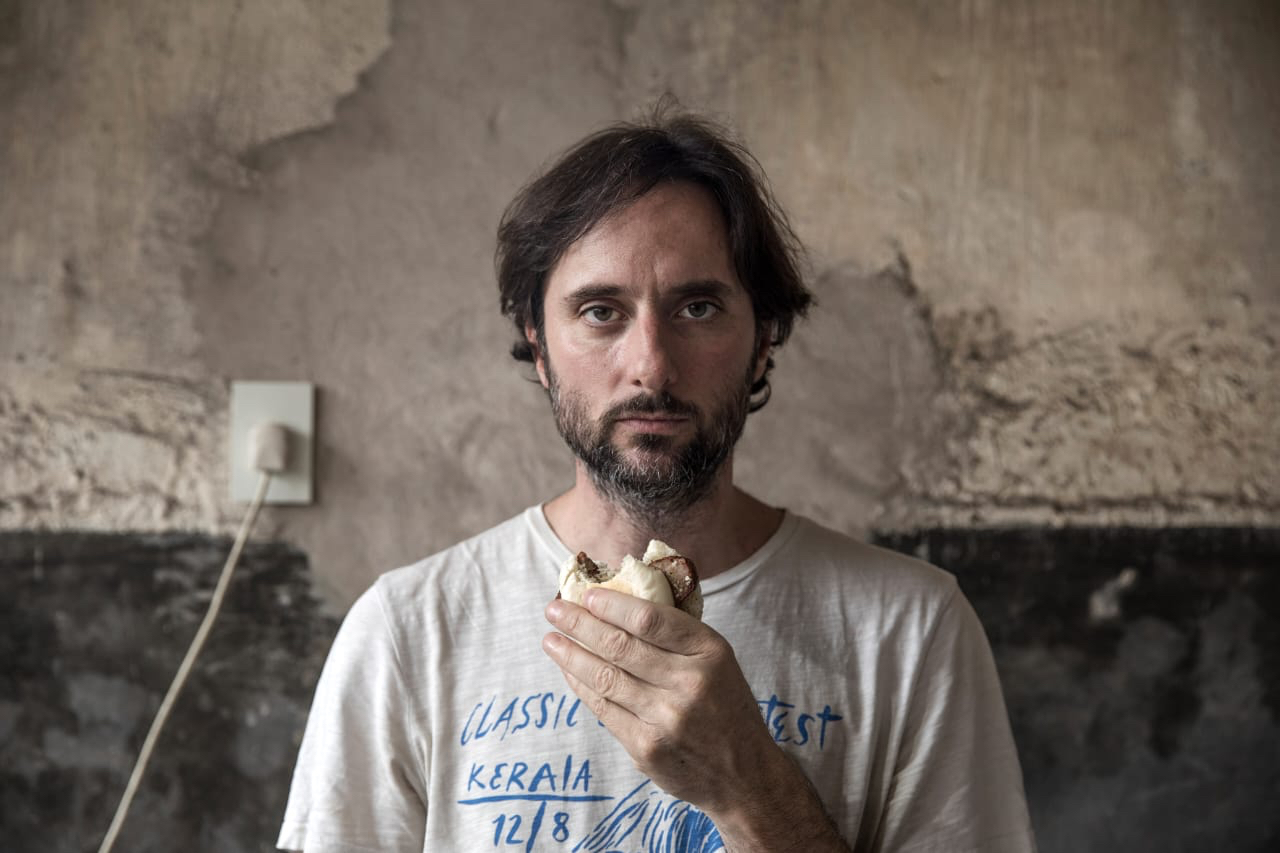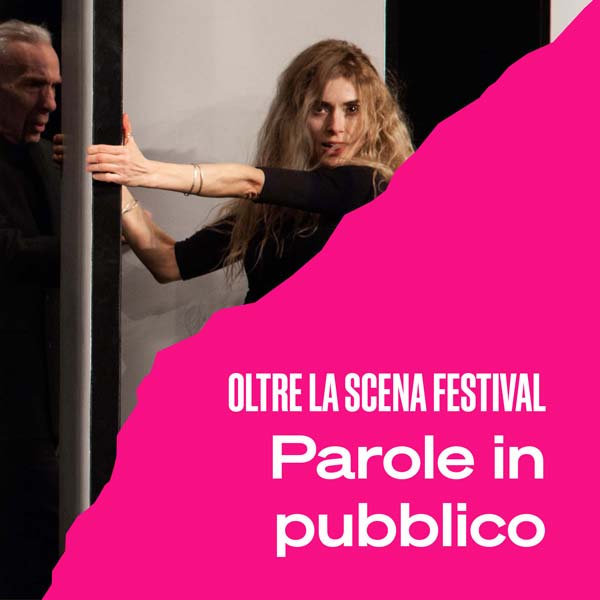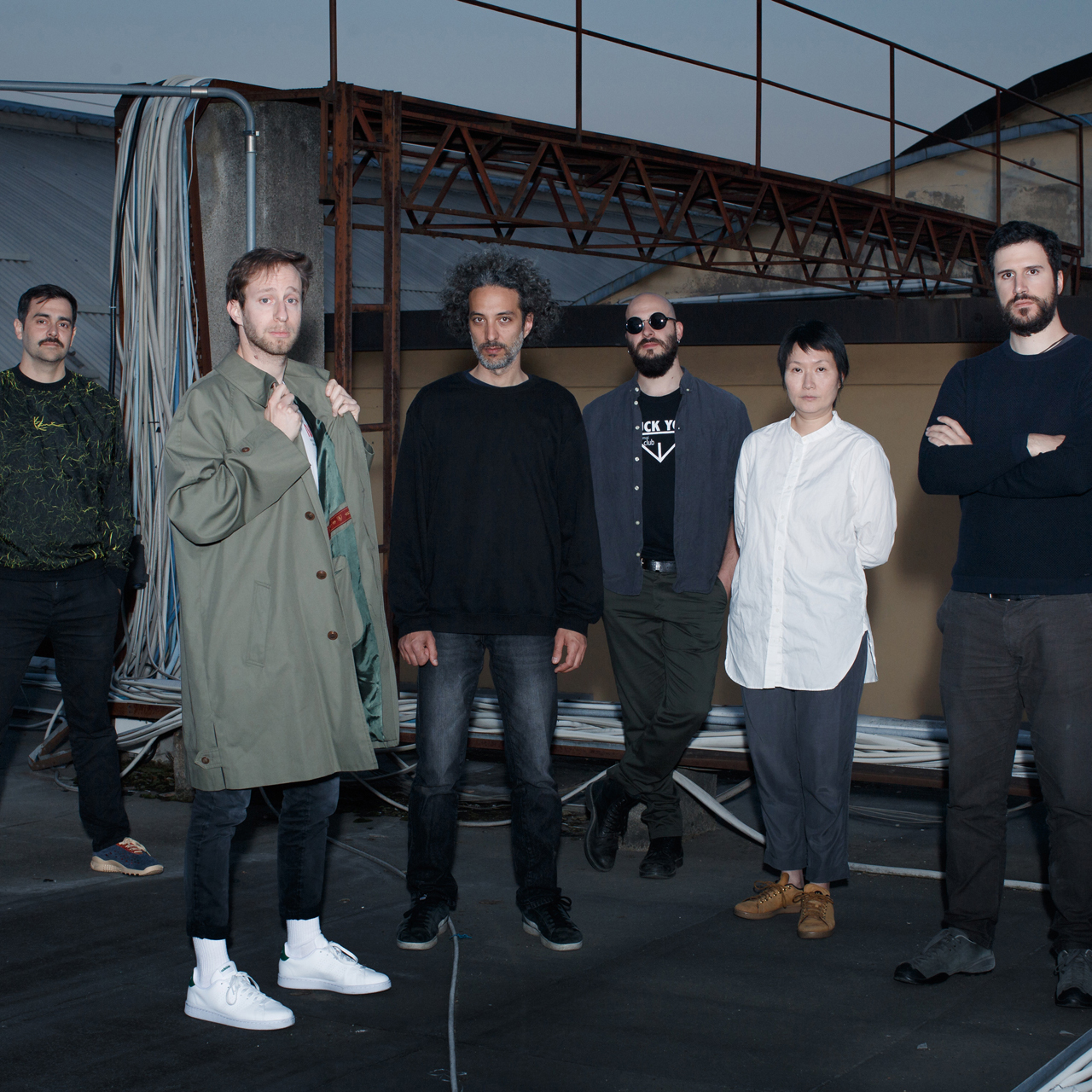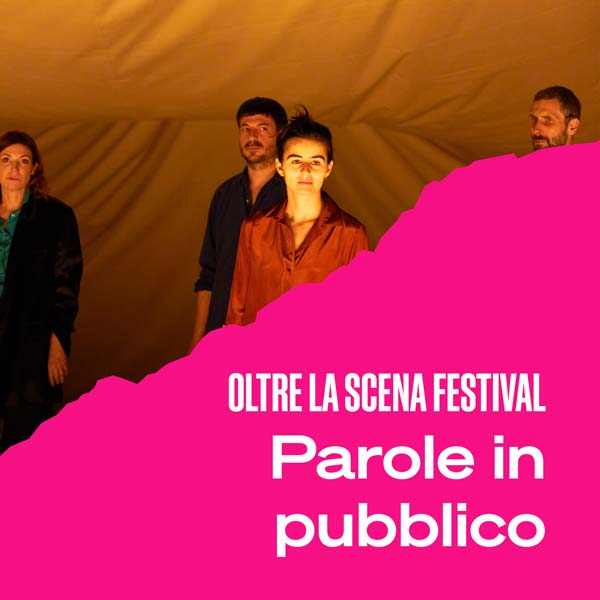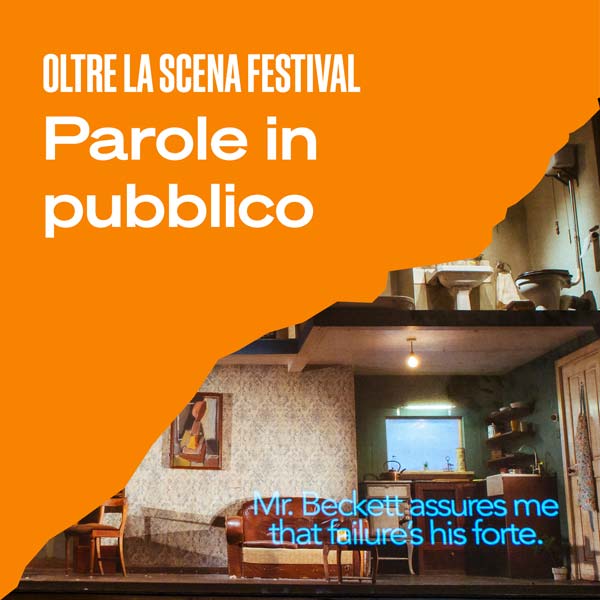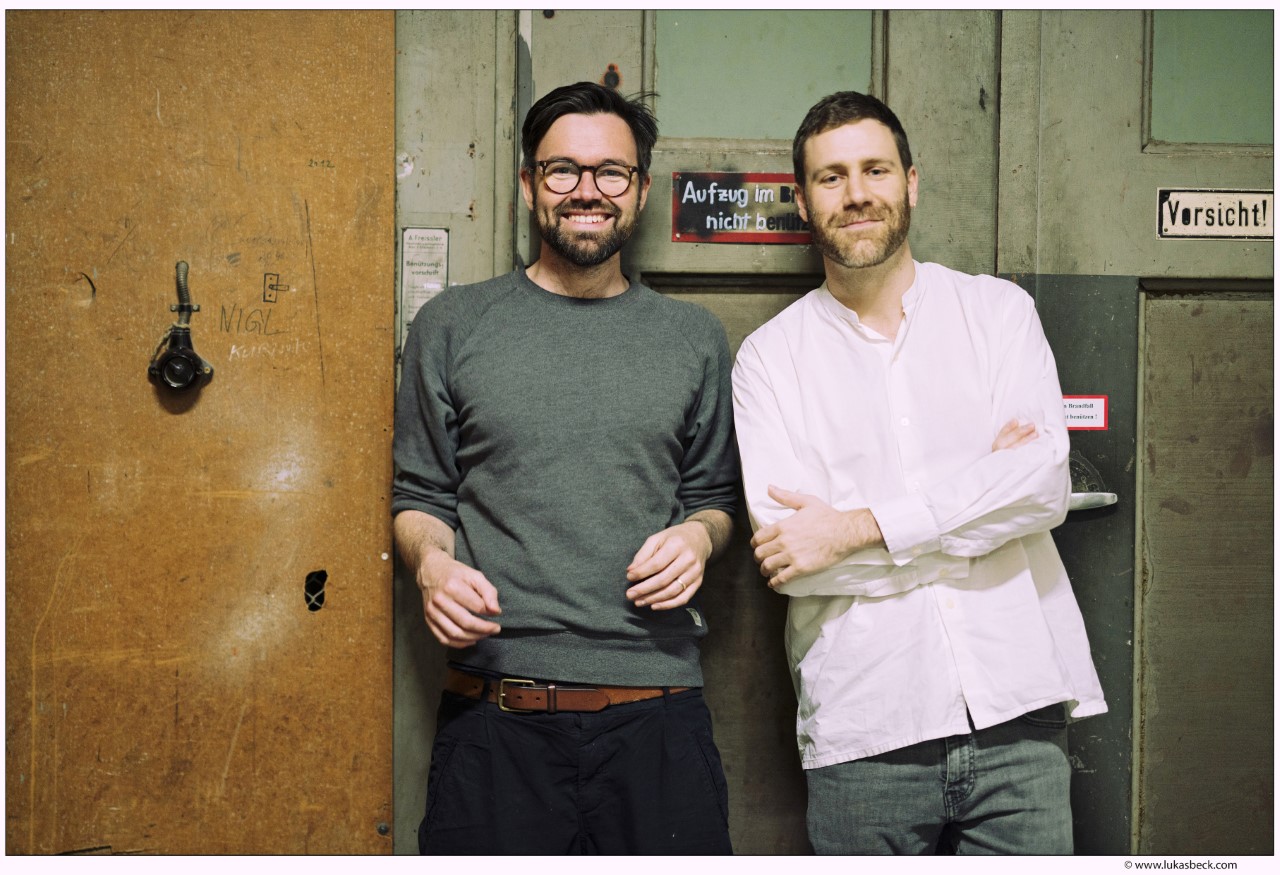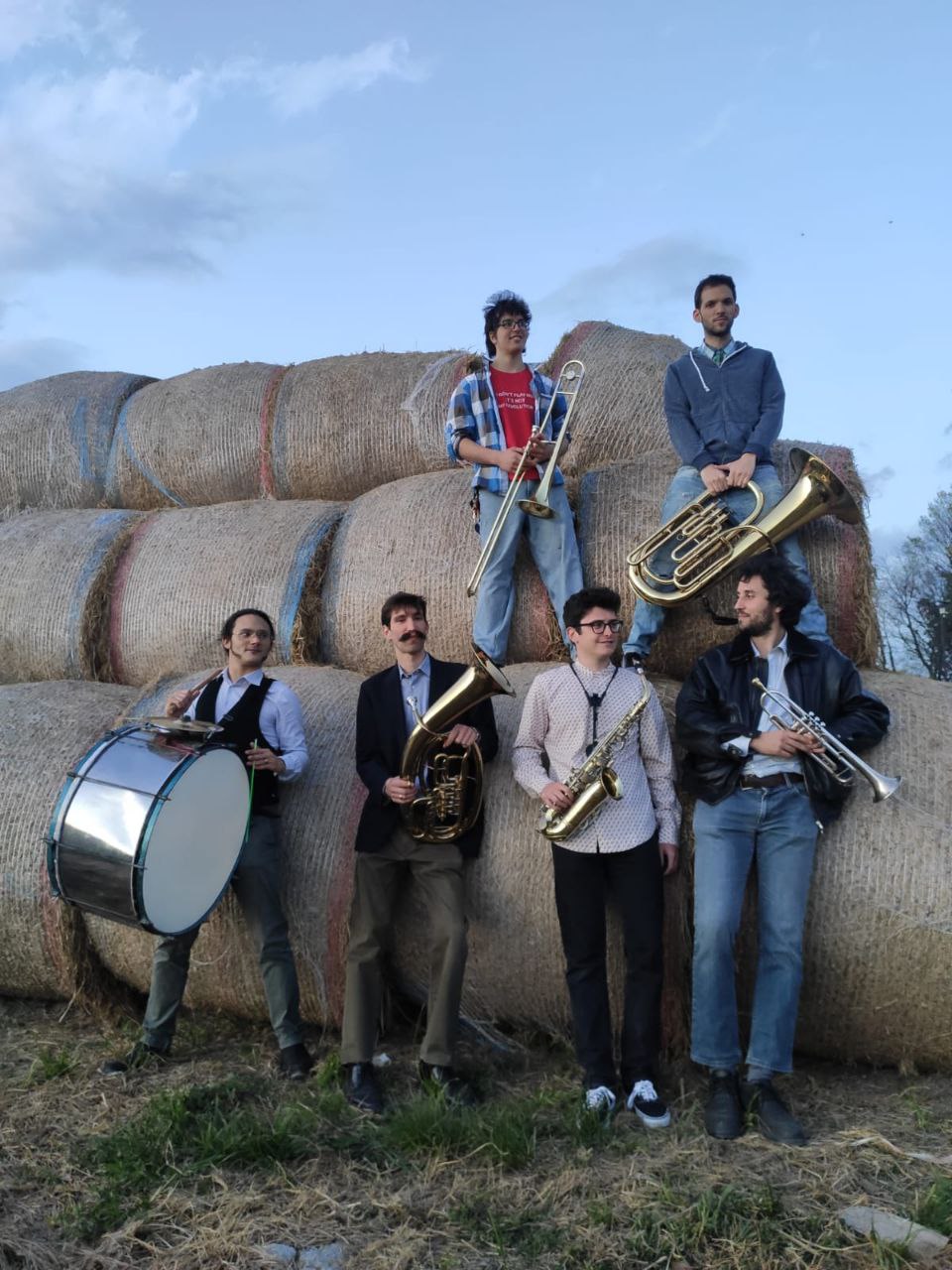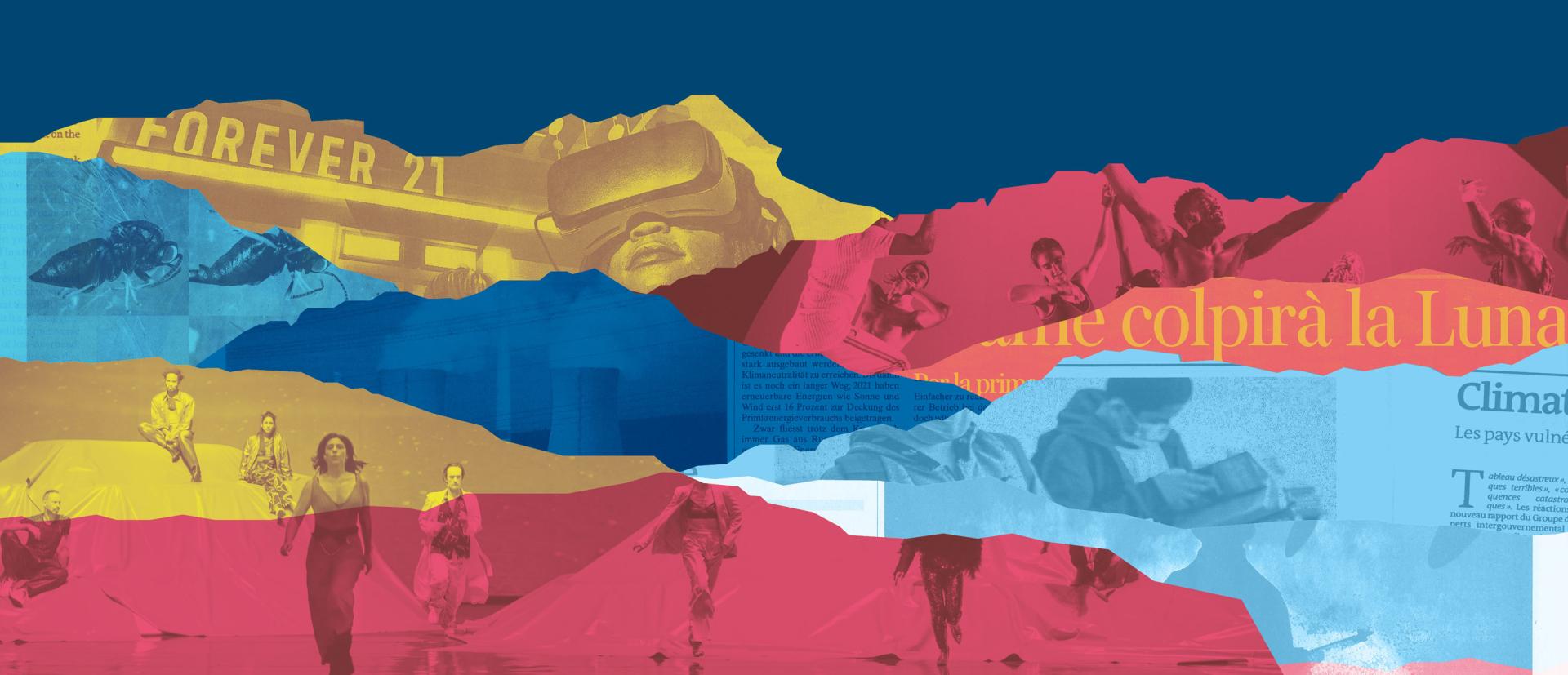Hey Savi! Parola di Statua e Il cannocchiale teatrale

Hey Savi! Parola di Statua e Il cannocchiale teatrale
Per il ciclo “Strehler città aperta”, lunedì 30 maggio dalle ore 18.30, presso il Museo Nazionale della Scienza e della Tecnologia Leonardo da Vinci, Hey Savi! Parola di statua, restituzione finale del workshop con gli studenti del Liceo Classico Carducci, e Il cannocchiale teatrale, un dialogo tra Massimo Bucciantini e Marco Castellari
Hey Savi! Parola di Statua
Workshop di drammaturgia e messa in voce con le studentesse e gli studenti della 5^D del Liceo Classico Carducci di Milano: Beatrice Asinari, Lucia Berno, Ruggero Ciccacci, Gualtiero di Blasio, Marina Fedeli, Martina La Chiusa, Akira Maraniello, Giorgia Marsano, Leonardo Micheli, Luca Pettazzi, Raffaele Serbolisca, Andrea Sorrentino, Giulia Tadros, Giulia Tofani, Matilda Vaglio, Alessandra Zanzi
curatela e messa in voce: Michele Dell’Utri
consulenza drammaturgica e testi: Tommaso Fermariello
un ringraziamento speciale alla prof.ssa Roberta Romussi
Hey Savi! Parola di Statua è l’esito di un workshop di drammaturgia e messa in voce che il Piccolo ha realizzato in collaborazione con il Museo Nazionale della Scienza e della Tecnologia Leonardo da Vinci insieme alle studentesse e agli studenti del Liceo Classico Carducci, all’interno delle iniziative Strehler100.
Una triangolazione, quella tra scuola, teatro e museo, che nasce da un’esigenza precisa: la volontà di ragionare sulle connessioni tra dimensione artistica e materia scientifica – nel solco del teatro di Giorgio Strehler – anche attraverso gli occhi delle nuove generazioni.
Ad accompagnare questo percorso intensivo – quattro appuntamenti che hanno animato tra aprile e maggio gli spazi del Museo – sono state da una parte le parole del Galileo di Brecht/Strehler, che ci ricordano come nella ricerca scientifica tutto sia proiettato al futuro, diventando quindi lascito e incarico per le giovani leve: «molto è già stato trovato, ma quello che è ancora da trovare, è di più. E questo significa altro lavoro per le nuove generazioni». Dall’altra, vera e propria pietra fondativa del progetto, è stato il complesso scultoreo dei Sette Savi di Fausto Melotti, opera che oggi è ospitata nei chiostri del Museo Leonardo da Vinci e che dell’alleanza tra sapere scientifico e artistico è insieme testimonianza fisica e simbolica.
«A metà strada tra leggenda e realtà, in un tempo in cui gli uomini e gli Dei si confondevano tra loro, i Sette Savi avevano infatti le risposte per tutto». Talete, Pittaco, Biante, Solone, Cleobulo, Misone e Chilone erano, nell’antichità, i rappresentanti di una saggezza aperta, universale e rotonda, dove pensiero filosofico-speculativo e conoscenza pratica si fondevano in un intreccio indistricabile.
Un po’ come accade nel nostro presente, dove il confine tra cultura scientifica e cultura umanistica appare ogni giorno più sottile: uno steccato che le nuove generazioni oltrepassano agilmente, di andata e di ritorno, a contrabbandare nozioni e metodi, strumenti e prospettive con quel pizzico di sana sfrontatezza che le contraddistingue; e ribadire, attraverso queste perlustrazioni, che la conoscenza è un unico, vastissimo continente.
Al centro del workshop curato da Michele Dell’Utri con la consulenza drammaturgica e i testi di Tommaso Fermariello, c’è allora proprio l’idea di “incursione”: un gruppo di ragazze e ragazzi, colti nel loro affacciarsi sul mondo interrogano, indiscriminatamente, tra il serio e il faceto che caratterizza la loro età, tutto ciò che li circonda. Le loro parole sono frecce che attraversano lo spazio, rimbalzano tra le discipline, le arti e le conoscenze, mentre i Sette Savi fanno da contro-coro al loro investigare: interlocutori muti, ma eloquentissimi di questa esplorazione drammaturgica sui rapporti che legano arte, scienza e vita.
Il cannocchiale teatrale
Un dialogo tra Massimo Bucciantini e Marco Castellari
Nel complesso rapporto che lega scienza e società civile gioca un ruolo fondamentale quella mediazione culturale affidata non solo ai settori della comunicazione e della divulgazione scientifica, ma anche alla capacità “rappresentativa” e immaginifica dell’arte e del teatro. Ed è proprio a partire da due regie strehleriane di argomento “scientifico” come Vita di Galileo di Bertolt Brecht e Sul caso di J. Robert Oppenheimer di Heinar Kipphardt, che si ragiona in questo incontro su come l’alleanza “insperata” tra scienza e drammaturgia abbia saputo restituire al grande pubblico le storie ma anche i temi e le problematiche del mondo scientifico, illuminandone i risvolti meno noti e traghettando i suoi protagonisti in un immaginario condiviso.
Massimo Bucciantini è Professore di Storia della scienza all’Università di Siena e Direttore della rivista “Galileiana”
Marco Castellari è Direttore del dipartimento di Lingue, Culture e Mediazioni all’Università degli Studi di Milano



